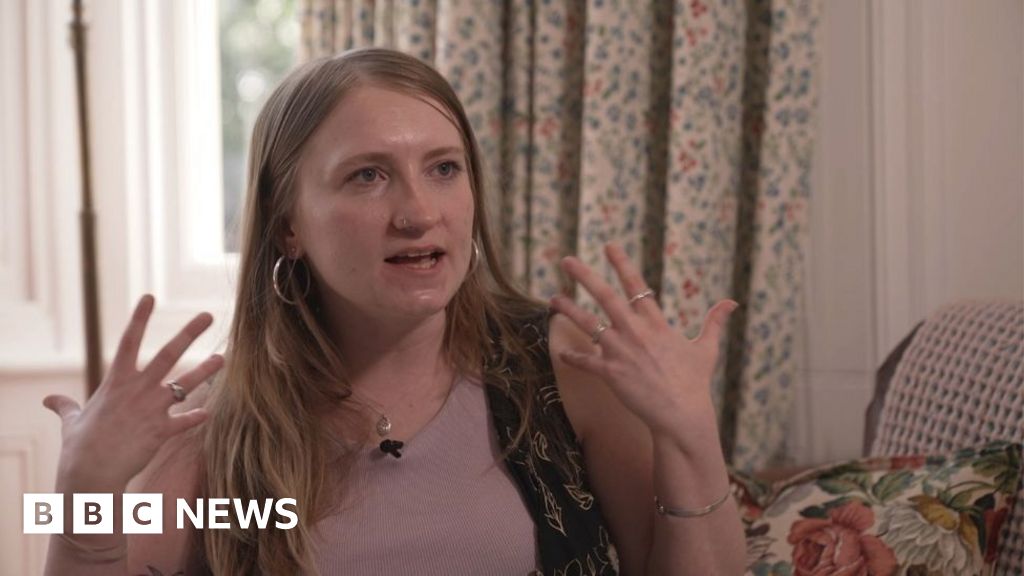ARTICLE AD BOX
By Nick Triggle
Health correspondent
Image source, Getty Images
A major reform of the way NHS clinical negligence claims are handled in England is needed, MPs say.
The House of Commons' Health and Social Care Committee said the current system was too adversarial, leading to bitter and long legal fights for patients.
More than £2bn a year is paid out on claims, but 25% goes to legal fees.
An independent body should be set up to adjudicate on cases and the need to prove individual fault should be scrapped, the cross-party group said.
Instead, the focus should be whether the system failed, which the MPs believe would create a better culture for learning from mistakes.
The committee heard from families who had lost children or whose babies had been left with brain injuries from mistakes made during birth.
Parents described how they had to fight for years to get recognition for the harm that had been caused.
One woman criticised the "complacent attitude" of the hospital involved, saying they just wanted to put it down to one mistake and carry on as normal.
Another woman whose daughter died aged 20 months after errors in her care said she felt lessons had not been learnt despite a settlement in her favour. She said the whole process had left her feeling devastated.
The average length of time for these settlements was over 11 years, the committee was told.
The MPs also called for the scrapping of the expected future earnings link in claims relating to under-18s - a system which leads to "manifest unfairness", with the child of a cleaner receiving less compensation than the child of a banker.
Committee chairman Jeremy Hunt said the system was not fit for purpose and reform was "long overdue".
"Under the current system, patients have to fight for compensation, often a bitter, low and stressful experience with a quarter of taxpayer-funded sums ending up in the pockets of lawyers," he said.
Blame culture 'must end'
Mr Hunt said the changes would help reduce the costs, which are predicted to double in the next 10 years.
He said countries like New Zealand and Sweden, which had similar schemes to the one being proposed by the committee, spent half as much on litigation than the NHS did.
"We must move away from a culture of blame to one that puts the prevention of future harms at its core," he added.
Under the proposals, before any court case there should be compulsory use of alternative dispute resolution through the independent body.
The government said it was already looking to change the litigation system and it would consider the recommendations. "The rising cost of clinical negligence is unsustainable," a spokesman for the Department of Health and Social Care added.
But patient group Action Against Medical Accidents accused MPs of "headline grabbing" for suggesting the well-established and evolved system of law could be discarded so easily.
The group said it agreed there was a need for a quicker, more efficient system but that would only be achieved through a "fundamental cultural change" in the willingness of the NHS to admit when something has gone wrong.

 3 years ago
123
3 years ago
123








 English (US) ·
English (US) ·